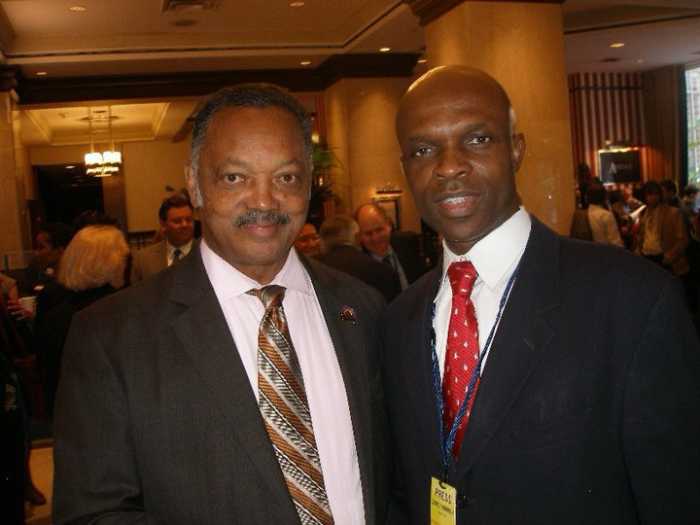By Kenneth Kowald
I doubt there will be any parades in Forest Hills, Bayside or other areas of Queens Sept. 17. I would be surprised if there are any elsewhere in the country about a national event. There should be parades throughout the United States on that day.
That Saturday is Constitution Day, established by Congress in 2004 to mark the ratification of the U.S. Constitution Sept. 17, 1787.
Part of the congressional action mandated teaching of the Constitution in any academic establishment that gets federal aid. That would include almost every school, but I wonder how many of our Queens schools are teaching the Constitution or citizenship and civic life in general.
According to a report in June of the results of the National Assessment of Educational Progress, American students are less proficient in their nation’s history than in any other subject. Some 20 percent of fourth-graders are proficient and 17 percent of eighth-graders are, but only 12 percent of high school seniors make the cut.
Maybe that is why some Congress members who decided to read the Constitution aloud on the floor of the U.S. House of Representatives but omitted the amendments showed just how much they know about their country and the basic laws of the land. We could blame it on the poor educations they got. It shows.
The Articles of Confederation, put together during the American Revolution and adopted in 1781, quickly proved to be unworkable if this new country was to survive. That is why the Constitution, and its later amendments, came into existence.
Despite some people saying they know what the writers meant about everything — including what takes place in the 21st century — those who wrote the Constitution made way for amendments, realizing they were not handing down the Tablets of the Law from a mountaintop. They were smart and well-educated enough to know better.
They understood the need of the populace to know what is going on with their government. James Madison wrote, “A popular Government, without popular information, or the means of acquiring it, is but a Prologue to a Farce or a Tragedy; or, perhaps both.”
Benjamin Franklin may have summed it up best. At 81, he felt too tired to make a speech, but a younger delegate read his remarks for him. They were addressed to George Washington, president of the Constitutional Convention. Franklin spoke of his concerns about the document they were to ratify that day, but he concluded, “Thus I consent, Sir, to this Constitution because I expect no better, and because I am not sure, that it is not the best.”
Supreme Court Justice William Brennan, appointed by President Dwight Eisenhower, wrote: “It is arrogant to pretend that from our vantage we can gauge accurately the intent of the framers on application of principle to specific, contemporary questions.”
He said the Constitution’s purpose “rests not in any static meaning it might have had in a world that is dead and gone, but in the adaptability of its great principles to cope with current problems and current needs.”
Make time to read the Constitution, all 4,400 words of it. Then, if you can find it, read “The Commandments” by Jill Lepore in the Jan. 17 issue of The New Yorker. She is a professor of history at Harvard University. Both documents are worth your efforts.
Then consider that in a civil literacy test given by the Intercollegiate Studies Institute only 49 percent could not name the three branches of our federal government.
Retired Supreme Court Justice Sandra Day O’Connor noted that test results like the NAEP mentioned above “confirm that we have a crisis on our hands when it comes to civic education.” She made these chilling points: “We face difficult challenges at home and abroad. Meanwhile, divisive rhetoric and a culture of sound bites threaten to drown out rational dialogue and debate. We cannot afford to continue to neglect the preparation of future generations for active and informed citizenship.”
Maybe, between now and Constitution Day 2012, we can start working on that neglect. That would certainly be cause for celebrations, and even parades. Could it start in Queens?
Franklin expected nothing better and was not sure it was not the best, but in more than 200 years, it has proven to be the best.


































